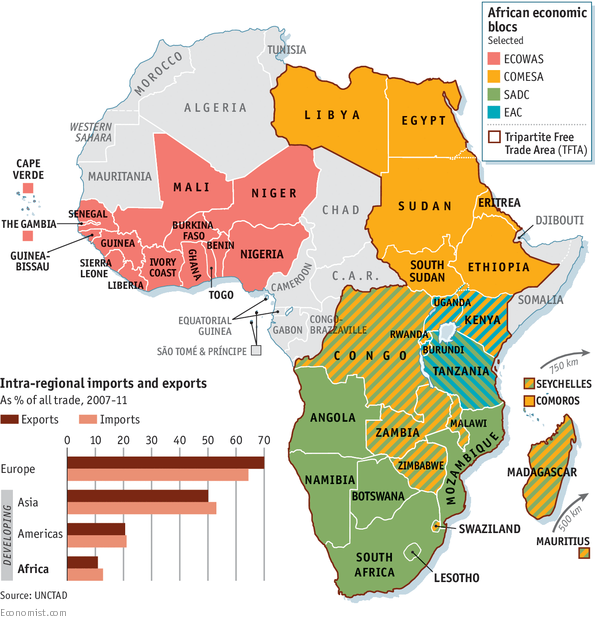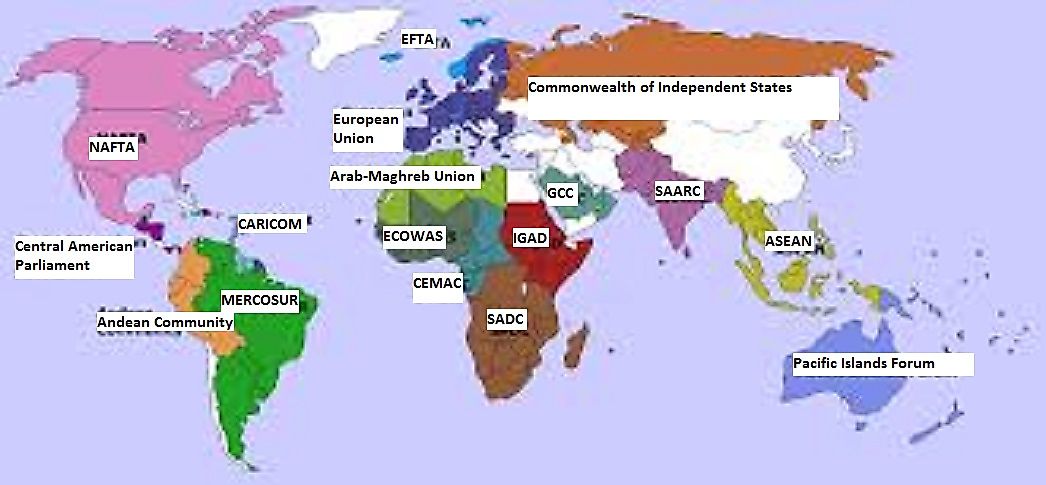

Get briefed on the story of the week, and developing stories to watch across the Asia-Pacific. Implementation of the AfCFTA agreement will thus provide Chinese companies with additional business opportunities to undertake infrastructure investment projects needed to advance regional trade integration in Africa. Infrastructure projects in Africa that are financed by Chinese loans have been on an upward trajectory for more than a decade and are already helping to address this constraint. They are a particularly significant handicap for the transit of goods to and from the 15 landlocked African countries. These deficiencies burden African exporters with high input costs, high transport costs, and expensive delays in reaching regional and global markets. Diagnostic studies of trade integration conducted by the World Bank find inadequacies in transport, communications, and energy infrastructure – roads, ports, airports, telecommunications, electric power, and so on. China is thus already positioned to gain from two significant constraints to accelerating the growth and diversification of intra-Africa trade.įirst, infrastructure deficits are widespread in most of the countries in Africa. By creating a combined market size of 1.3 billion people with a total income worth $3.4 trillion, this new trading bloc can potentially yield immense economic gains – but the biggest beneficiary may be China rather than Africa.Ĭhina is Africa’s largest trading partner, providing a market for 16 percent of Africa’s total exports and supplying 19 percent of its total imports in 2020 (these shares were significantly higher before the deep economic recession caused by the COVID-19 crisis). The COVID-19 pandemic has delayed the AfCFTA process, and as a result, the continental trading bloc only entered into force in January this year.
#Africa trading blocs free#
Launched in March 2018 by the African Union, the AfCFTA agreement connects 55 African economies and is the largest free trade area in the world in terms of country membership.

Currently, regional trade within Africa is fairly low, and its share amounts to only about 11 percent of total trade.

The African Continental Free Trade Area (AfCFTA) intends to promote regional trade integration in Africa, which can play an important role in accelerating sustained growth and reducing poverty on the continent.


 0 kommentar(er)
0 kommentar(er)
